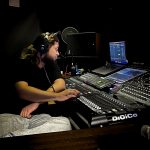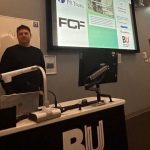 Produced by Guest blogger
Produced by Guest blogger
Current student Kesiah tells us all about life being a Operating Department Practice student at BU and helps us understand what the role involves.
Why did you choose to study ODP at BU?
I originally picked nursing when I went to university but I was always interested in eventually working in theatres but didn’t know ODP as an option existed. It’s a job that’s very under-the-radar but has been gaining more attention over the years. So I switched over, and the whole ODP academic team were very supportive. I felt like I fit right in. Plus I love Bournemouth for the beach!
What was your favourite placement so far and why?
It’s difficult to pick one, but I definitely began enjoying my second year and final year placements more as I’ve gained confidence and become more autonomous. In second year I spent a lot of time in CEPOD which is an emergency theatre during my anaesthetic placement. It was daunting at first due to the dynamic nature of emergency where things can change at any point, but it ended up being the reason why I enjoyed it so much, besides learning a lot. I like thinking on my feet and the problem solving aspect.
How important is it that the academics teaching on ODP are current practitioners?
The experience of the academics as current practitioners helps with translating theoretical knowledge into practical skills, as theory works best when it’s within context which requires having clinical experience. The lecturers also have an understanding of the pressures and challenges of the profession and the challenges of students, which means students are better supported during the programme.
How would you describe the work of an ODP for those who aren’t familiar with the job role……
In a nutshell, ODPs are the Swiss Army Knife of theatres. They are trained to be able to work in all phases of a patient’s perioperative journey. You can scrub during surgical procedures, support patients during anaesthesia, and care for patients in recovery after they wake up. Despite ODPs traditionally working in theatres, it’s a rapidly evolving profession where ODPs can have opportunities to work outside of theatres due to their skill set (particularly airway management), such as involvement in trauma teams, as critical care techs, or as resuscitation officers.
What advice would you give someone who wanted to apply for an ODP course?
It’s a “doing” job and is very interesting, and if you have the chance to spend even a day in a theatre to see what it’s like definitely go for it as it’s definitely an environment people either love or hate! You definitely have to be able to handle blood and strange smells. It’s not something I think much of since I’m so used to it until I speak to people who aren’t on my course.
You can definitely get used to it over time but if you are someone who faints that’s definitely something to consider if you want to take the course! It’s also a lot of hard work but it’s very satisfying when it pays off. Just make sure you have a good support system and ask for help when you need it.
Finally, your confidence will grow! If you’ve never stepped foot into theatres and you feel lost or intimidated on your first day of placement, most student ODPs have felt that way, but with experience and exposure you learn and grow. Just remember to always ask questions, be inquisitive, and ask for clarification for things you’re not sure on, as that’s how you learn.
If you are interested in learning more about our BSc (Hons) Operating Department Practice or our apprenticeship option, BSc (Hons) Operating Department Practice (Degree Apprenticeship) then come and meet the team at our next Open Day.
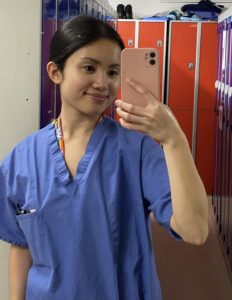
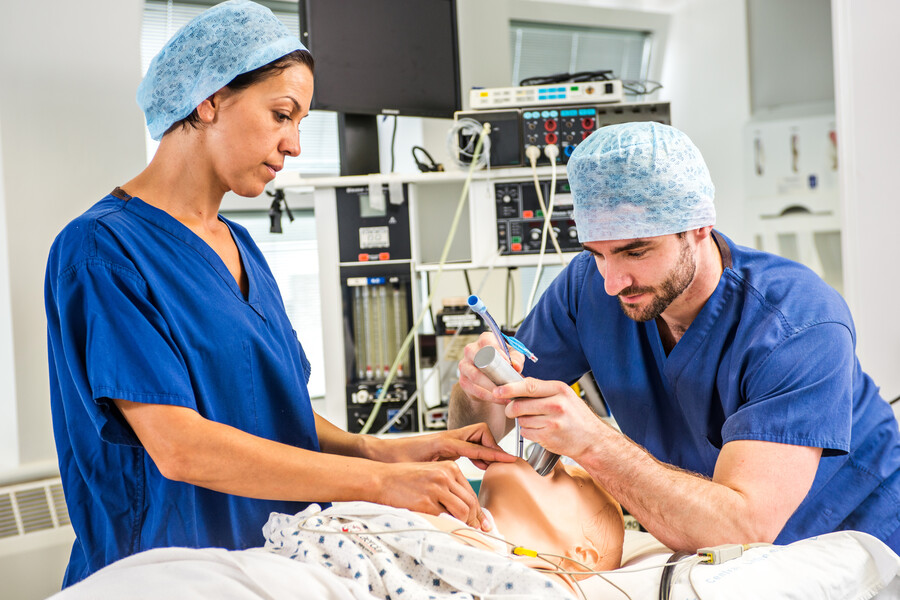
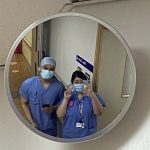 Eliza’s experience as an Operating Department Practice student – so far
Eliza’s experience as an Operating Department Practice student – so far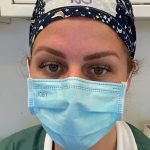 What’s it like to study Operating Department Practice?
What’s it like to study Operating Department Practice?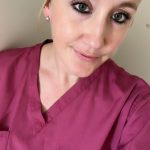 Operating Department Practice – current student Emily’s POV
Operating Department Practice – current student Emily’s POV Adult nursing student Kayleigh highlights the positives among the negative press
Adult nursing student Kayleigh highlights the positives among the negative press


